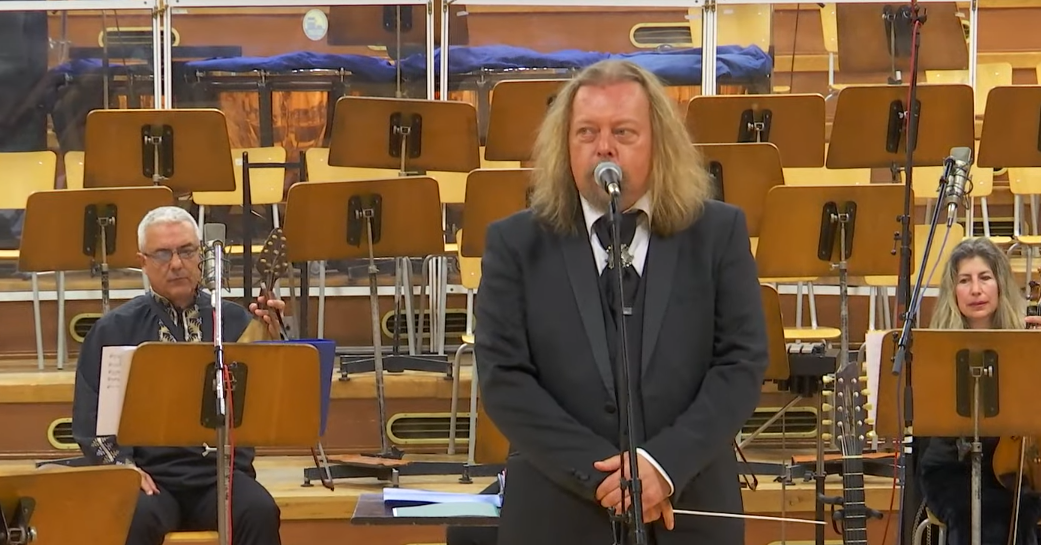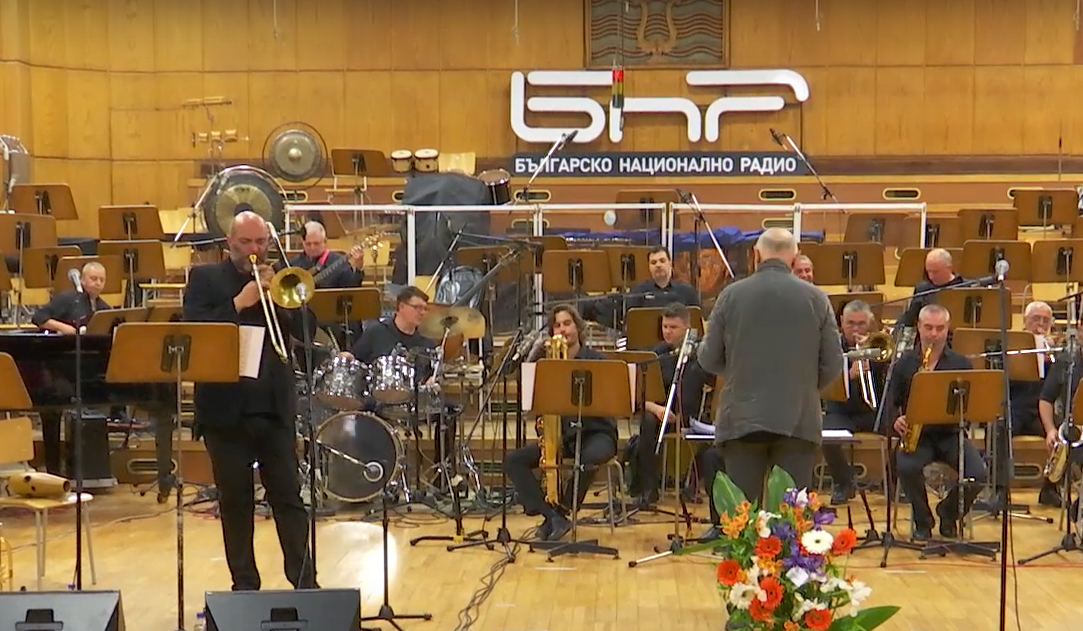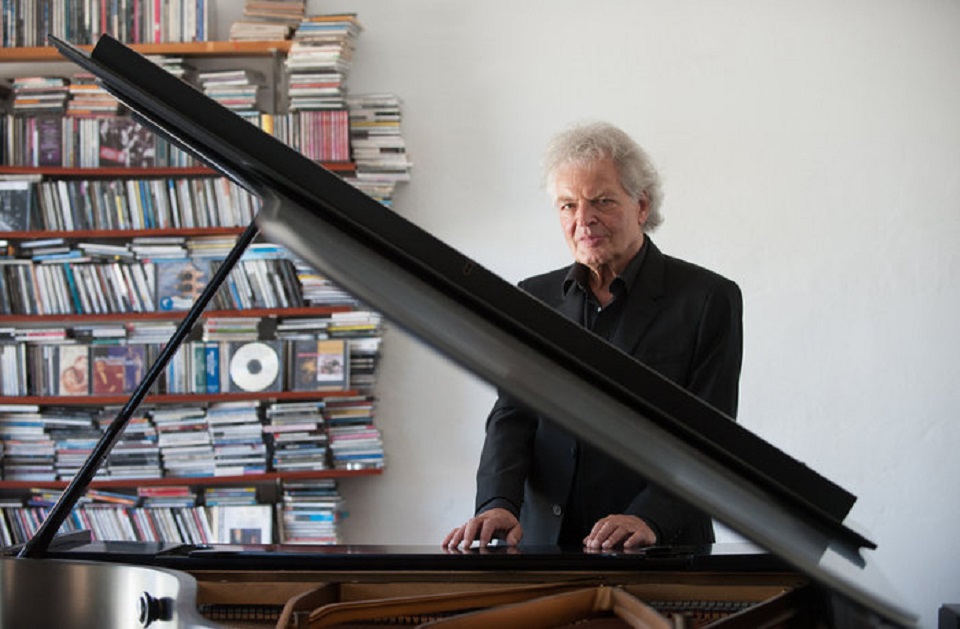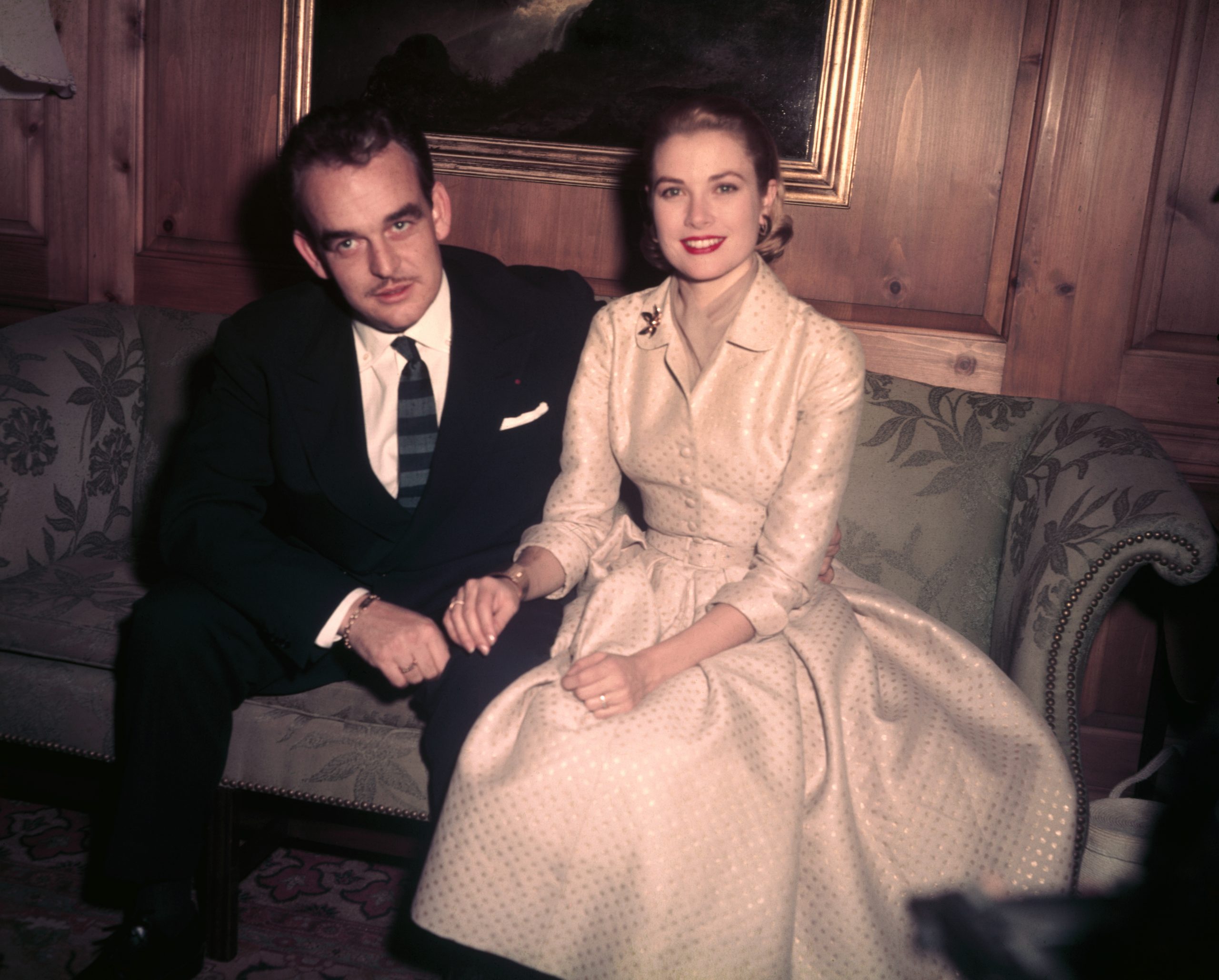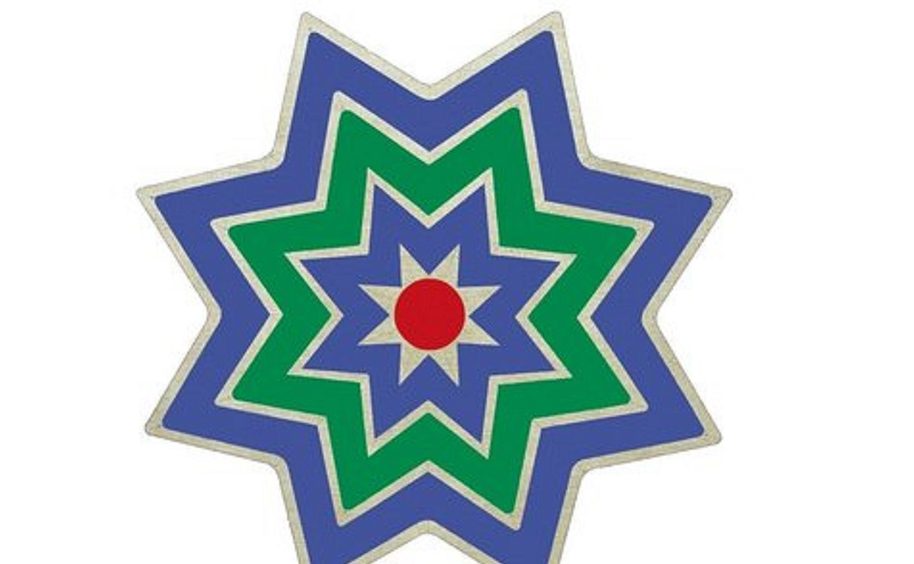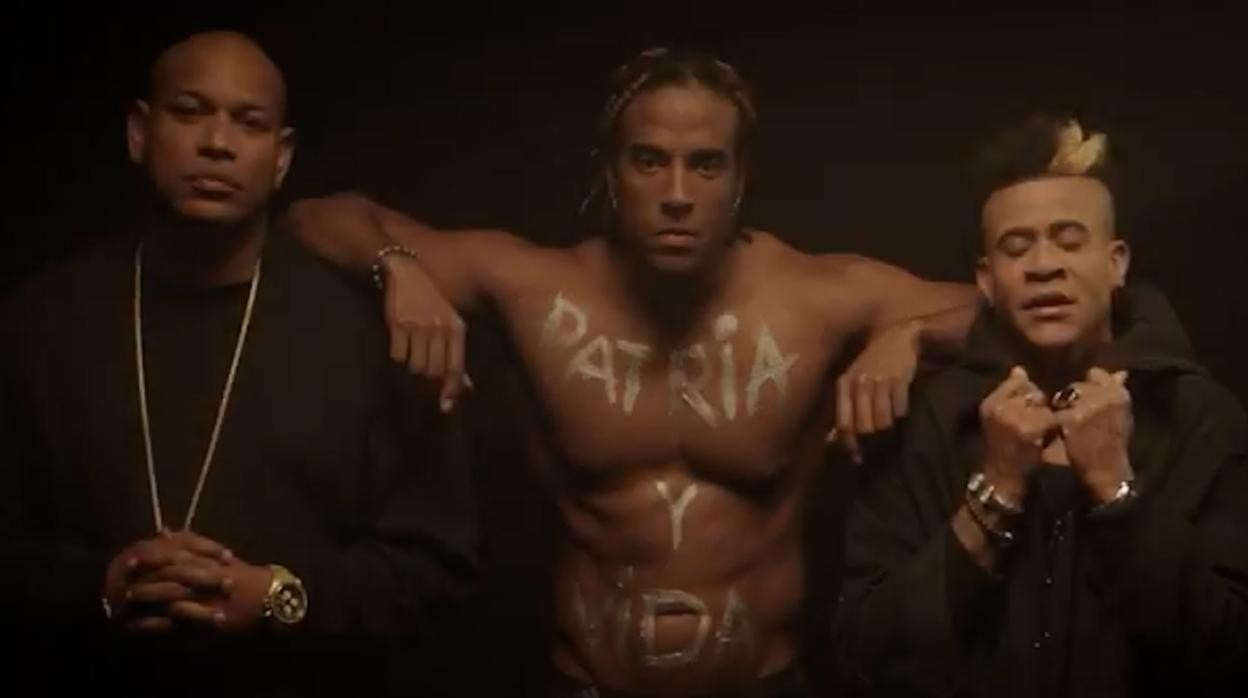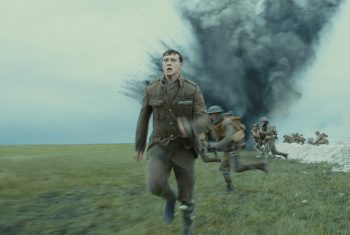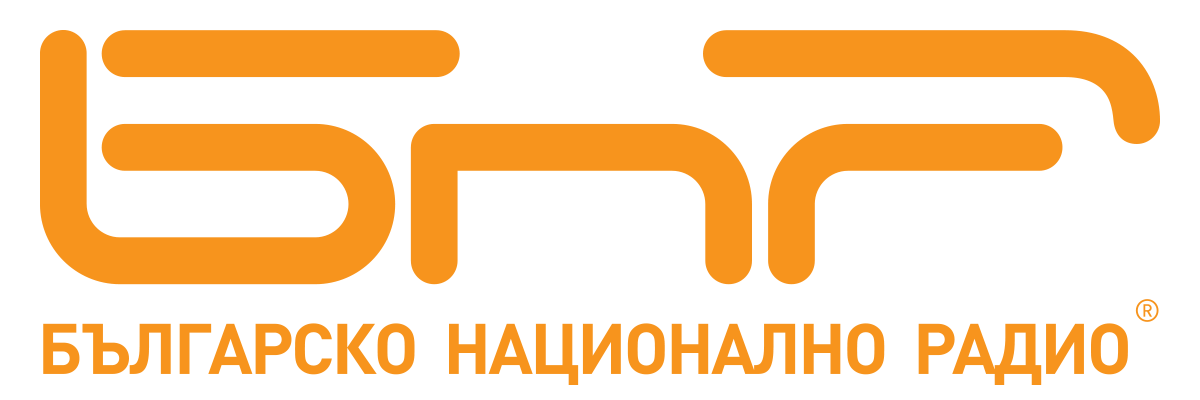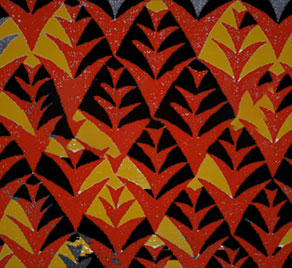Революционни наследства: 1917-a и 1989-a.
Центърът за култура и дебат „Червената къща“ в партньорство с Европейската мрежа на дебатните центрове Time to Talk представят „краткия“ 20 век – една епоха на идеологически противопоставяния, която започва през ноември 1917 г. и завършва през ноември 1989 г.
Теми:
– По какво си приличат и по какво се различават революционните процеси, обрамчили „краткия“ 20 век?
– Идеята за обществен прогрес на Октомврийската революция или революционният терор, наложен в Русия, а впоследствие в цяла Източна Европа, резонират със съвременното ни възприятие на идеологическото наследство на 20 век.
– Доколко идеите на Октомврийската революция за нов човек и ново справедливо общество, за промяна на нравите и некапиталистически прогрес намират своето продължение в съвременни визии за възможното по-справедливо устройството на пост-индустриалното общество?
Участници:
– Валентина Георгиева – преподавател в катедрата по „История и теория на културата“ в СУ „Св. Климент Охридски“.
– Доц. д-р Александър Сивилов – преподавател по история на СССР и международни отношения в Софийския университет „Св. Климент Охридски“.
– Станимир Панайотов – докторант по сравнителни джендър изследвания в Централноевропейски университет, Будапеща.
– Евгений Дайнов – професор по политически науки, коментатор, китарист в блуз-рок група и активист от времената на Нежната революция до зелените протести днес.
– Петко Ковачев – участник в първите протести на „Екогласност“ в края на 80-е години, активен участник в процесите от 1989 година до най-продължителния всекидневен атгиправителствен протест #ДАНСwithme през 2013-2014.
Модератор: Ирина Недева
At 18:30 EET on Tuesday the 7th November 2017, The Red House will kick off its mini-series of debates on the revolutions of 1917 & 1989 with a look at the legacies of both events.
Revolutions and their children
November is the month that is marked by two key historical events – the Bolshevik Revolution of 1917 and the Revolutions of 1989. What legacies do these revolutions have and what is the fate of their children? What is the place of the October Revolution in Putin’s Russia? What role have the Revolutions of 1989 played in the development of Eastern Europe as part of the European Union? These are just a few points of reference for the great debate about revolutions, counter-revolutions, conservative and postmodern revolutions in the framework of the bigger, enduring question: what is progress?
Revolutionary Legacies: 1917 and 1989
The short 20th century, an era of ideological struggle, started in November 1917 and ended in November 1989. What are the commonalities and the differences between the two revolutions which framed the short 20th century? Which facet of the October Revolution will ultimately determine how its ideological legacy is determined: its quest for social progress or the revolutionary terror which it caused to spread across Russia and then Eastern Europe? How far do the ideas of the Soviet Revolution about a new revolutionary man and a new just society, about new values and non-capitalist progress resonate with contemporary visions about the possibility of more just socio-economic arrangements in post-industrial societies?
Find out more by attending the discussion on the 7th November or by keeping an eye out for the TTT English-language highlights video which will be produced post-discussion.
Participants:
Speakers:
Evgenii Dainov is a Bulgarian academic, author and political commentator who currently teaches political philosophy and social practices at the New Bulgarian University.
Valentina Gueorguieva is a professor in the Department of History and Culture Theory at the St. Kliment Ohridski University of Sofia.
Petko Kovachev is a veteran green activist who works on analysing Bulgaria’s energy strategies.
Stanimir Panayotov works in the field of queer cultures and is a PhD candidate in comparative gender studies, where he focuses on the intersections of continental and feminist philosophy, non-philosophy and Neoplatonism.
Alexander Sivilov is an associate professor and historian who teaches the history of the USSR and international relations at the St. Kliment Ohridski University of Sofia.
Moderator:
Irina Nedeva – Journalist, Bulgarian National Public Radio and The Red House
Visitor and reservation information:
This will be a Bulgarian-language debate in The Red House’s Red Hall in Sofia. Full price tickets to attend can be purchased for 2 leva, with concessionary tickets available for 1 leva. To reserve a seat, either call +359 (0) 2 988 81 88 / +359 (0) 885 828 532 or e-mail office@redhouse-sofia.org.
The Red House itself can be found at 15 Ljuben Karavelov St, Sofia 1142.

